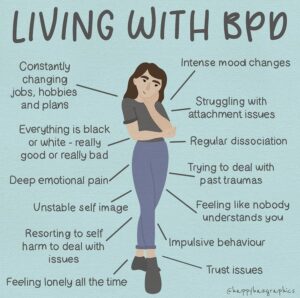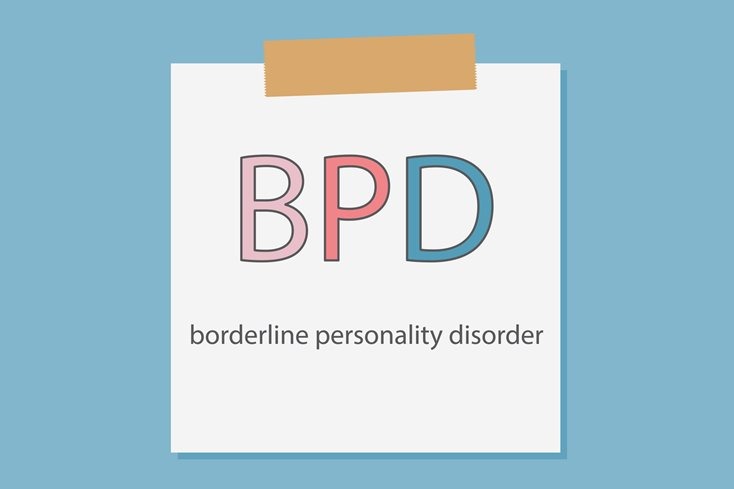Generation Black TV - Live
Why is BPD Stigma So Prevalent in the UK?
Borderline Personality Disorder is one of the most well-researched personality disorders in psychology, so why is its stigma still so strong?
Borderline Personality Disorder (also sometimes called emotionally unstable personality disorder) was introduced into the DSM-III in 1980 and is one of the most researched personality disorders in psychology. A 2006 study determined how around seven in every 1,000 people in the UK have Borderline Personality Disorder (BPD). More information can be found in the guide published by the British Psychological Society, Borderline Personality Disorder: Treatment and Management (2009).
But, despite the in-depth psychological understanding we have of Borderline Personality Disorder and the large number of people who experience it, so many still associate the condition with a number of negative connotations.
The sad reality of most mental illnesses is that stigma tends to go hand in hand. Therefore, people with BPD have to handle the distressing symptoms of their personality disorder and also the negative preconceived notions of people around them.
BPD stigma traditionally comes from four primary identifiable sources:
- Firsthand accounts of relatives and loved ones with BPD who had a previous negative experience.
- People who lack information about personality disorders in general usually classify all of them as dangerous to society.
- People who confuse BPD with other personality disorders or other mental illnesses.
- Mental health professionals who spread misinformation and demonize or misdiagnose patients with BPD or other mental illnesses.

BPD Symptom Graphic @ Happy Haz Graphics
Furthermore, the stigma perpetuates a self-fulfilling prophecy where those with a diagnosis conceal their condition and feel reluctant to seek treatment. Exposure to stigma can trigger many of the disorder’s symptoms, worsening the distress caused by the emotional dysregulation that affects people with BPD. Not only can this prevent people from getting help, but it also lowers self-esteem.
And, unfortunately, not even mental health professionals are exempt from stigmatizing those with BPD who come seeking help. It’s common to hear about mental health professionals who outright refuse to treat people with BPD, labeling them exhausting, treatment-resistant or difficult. It is this stigma that makes life more difficult for people living with the disorder.
The report Living with Borderline Personality Disorder (2018), published by the Mental Welfare Commission for Scotland, determined that stigma is a reality for those with BPD and challenges the practices of in mental health services. However, on a more lighthearted note, the report also highlights that once people with the condition are treated with proper therapy, many experience positive and reassuring results and improvements in their symptoms.
Those interested in reducing their symptoms and eventually overcoming BPD stigma can help by learning more about the personality disorder to dissuade common misconceptions about it. So, it’s important to encourage awareness and a deeper understanding of all mental illnesses, BPD included, by sharing personal success stories while undergoing treatment.


